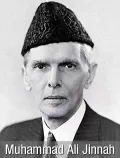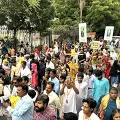Punjab government sets minimum marriage age at 18: Is this the end of forced marriages?
Good news from Pakistan. The Punjab government has issued an ordinance effective immediately, setting the minimum marriage age for both boys and girls at 18. Violations of the law are now classified as prosecutable, non-bailable, and non-reconcilable offenses. The law applies to all Pakistanis, both Muslims and non-Muslims. The intent is to eliminate the barbaric practice of conversions and forced marriages perpetrated by Muslims to which young women (often minors who are still children) belonging to Christian and Hindu minorities are subjected.


















